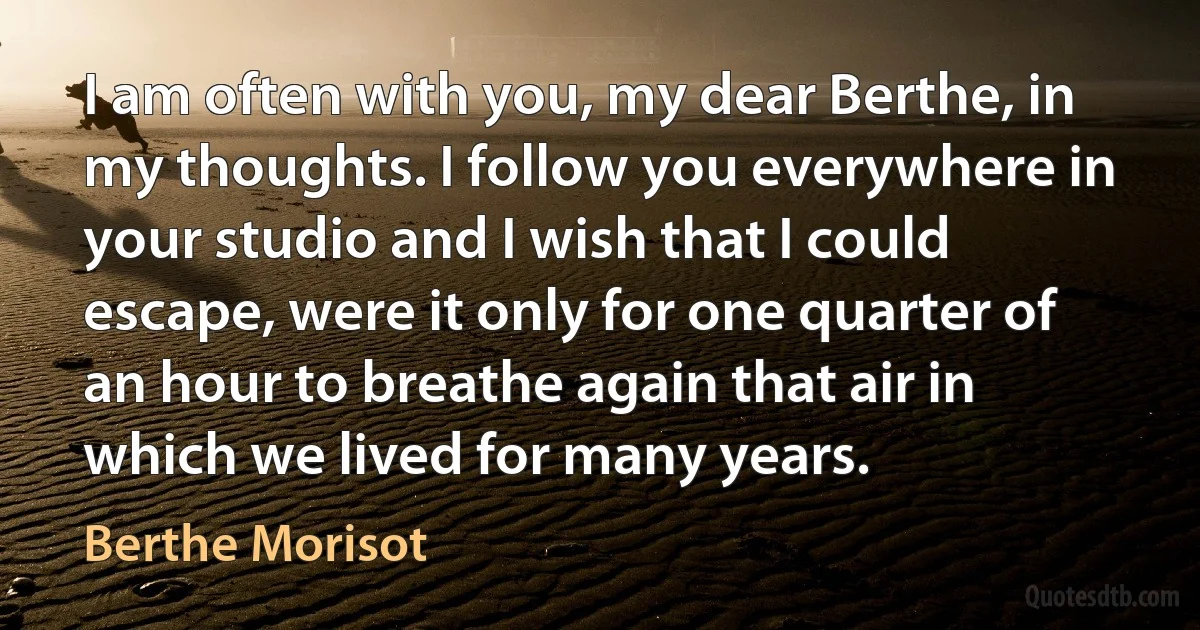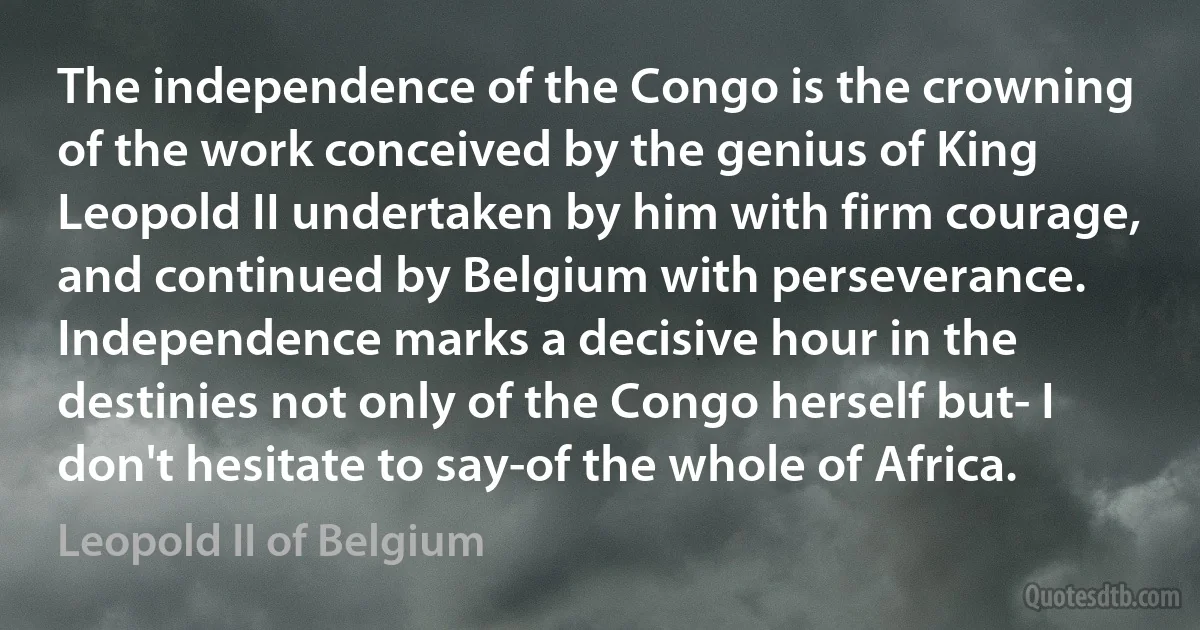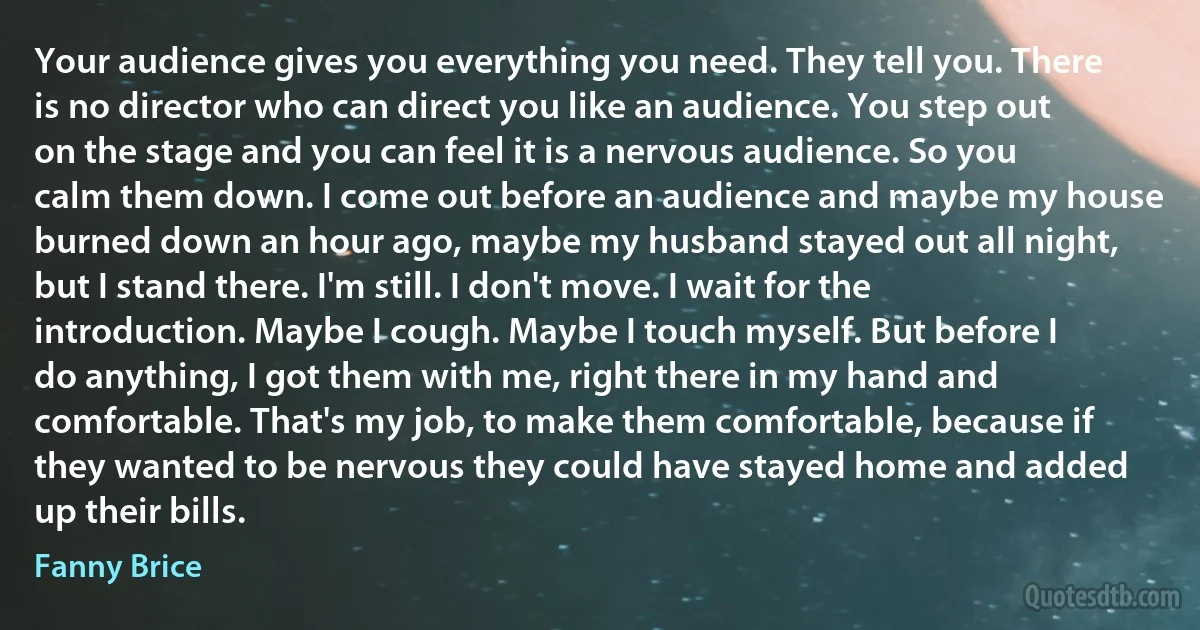Hour Quotes - page 72
In the afternoon of to-day it was apparent that the essential unity could be secured under another Prime Minister, though not myself. In these circumstances my duty was plain ... For the hour has now come when we are to be put to the test, as the innocent people of Holland, Belgium, and France are being tested already. And you, and I, must rally behind our new leader, and with our united strength, and with unshakable courage, fight and work until this wild beast, that has sprung out of his lair upon us, has been finally disarmed and overthrown.

Neville Chamberlain
I don't care about political parties. I went down to the Greenback parties, to the Populist party, in fact I went through them all. I found some of the parties most powerful weapons, but money interest prostitutes them all. Nowhere have you elected a man in this last election that represents you interests. I do not care what political party you put in power because we are of the economical power. We have the power to do and we will do it! They are not going to fool us there. It was not the political party that gained the eight hour day for the railroad man.

Mary Harris Jones
[Regarding the military violence and terrorism against the miners of the 1903 Cripple Creek strike] And why were these things done? Because a group of men had demanded an eight hour day, a check weighman and the abolition of the scrip system that kept them in serfdom to the mighty coal barons. That was all. Just that miners had refused to labor under these conditions. Just because miners wanted a better chance for their children, more of the sunlight, more freedom. And for this they suffered one whole year and for this they died.

Mary Harris Jones
They say that [I am icy, hard] because I'm sincere. Even too sincere. And because I don't waste time in flowery small talk, as people do in India, where the first half hour is spent in compliments: »How are you, how are your children, how are your grandchildren, and so forth.« I refuse to indulge in small talk. And compliments, if at all, I save for after the job is done. But in India people can't stomach this attitude of mine, and when I say, »Hurry up, let's get to the point,« they feel hurt. And think I'm cold, indeed icy, hard. Then there's another reason, one that goes with my frankness: I don't put on an act. I don't know how to put on an act; I always show myself for what I am, in whatever mood I'm in. If I'm happy, I look happy; if I'm angry, I show it. Without worrying about how others may react. When one has had a life as difficult as mine, one doesn't worry about how others will react. And now go ahead. You can ask anything you like.

Indira Gandhi
What a stupendous, what an incomprehensible machine is man! Who can endure toil, famine, stripes, imprisonment and death itself in vindication of his own liberty, and the next moment, be deaf to all those motives whose powers supported him through his trial, and inflict on his fellow men a bondage, one hour of which is fraught with more misery than ages of that which he rose in rebellion to oppose.

Thomas Jefferson
Every animal in the creation excels us in something. The winged insects, without mentioning doves or eagles, can pass over more space and with greater ease in a few minutes than man can in an hour. [...] Even the sluggish snail can ascend from the bottom of a dungeon, where man, by the want of that ability, would perish, and a spider can launch itself from the top as a playful amusement. The personal powers of man are so limited, and his heavy frame so little constructed to extensive enjoyment, that there is nothing to induce us to wish the opinion of Paul to be true. It is too little for the magnitude of the scene; too mean for the sublimity of the subject.

Thomas Paine
[N]o consideration in life shall make me stoop to Opposition. I am still ready to accept any part of them that will come to the assistance of my present efficient Ministers; but whilst any ten men in the kingdom will stand by me, I will not give myself up into bondage. My dear Lord, I will rather risk my crown than do what I think personally disgraceful; and whilst I have no wish but for the good and prosperity of my country, it is impossible that the nation shall not stand by me; if they will not, they shall have another king, for I will never put my hand to what would make me miserable to the last hour of my life.

George III of the United Kingdom
I am rejoiced at Mr. Secretary Dundas's information of the taking of the Island of Tobago, which I trust will at a proper time be followed by that of other valuable islands. Now is the hour to humble France, for nothing but her being disabled from disturbing other countries, whatever Government may be established there, will keep her quiet.

George III of the United Kingdom
The United States, as the near unanimous vote to provide nearly $40 billion in aid to Ukraine illustrates, is trapped in the death spiral of unchecked militarism. No high speed trains. No universal health care. No viable Covid relief program. No respite from 8.3 percent inflation. No infrastructure programs to repair decaying roads and bridges, which require $41.8 billion to fix the 43,586 structurally deficient bridges, on average 68 years old. No forgiveness of $1.7 trillion in student debt. No addressing income inequality. No program to feed the 17 million children who go to bed each night hungry. No rational gun control or curbing of the epidemic of nihilistic violence and mass shootings. No help for the 100,000 Americans who die each year of drug overdoses. No minimum wage of $15 an hour to counter 44 years of wage stagnation. No respite from gas prices that are projected to hit $6 a gallon.

Chris Hedges
Califano and I both went to the Holy Trinity Church here when our children were small, and part of the service was that, after 9:00 or 10:00 mass, the children would go down for Sunday school, and they would have a discussion there for the grownups. They'd have one of the Jesuits who would come over and lead the discussion, and they were always enormously interesting, very interesting, very gifted, talented lecturers. There were always a couple hundred people who were there with their children, and then, at whatever time, an hour later, you would break up and hook up with your children and drive them home.

Ted Kennedy
And I speak here for many others who loved Robert Kennedy as well. How proud our remarkable mother is of what he did and of this recognition. And if they were here, that pride would be shared by my father, by Joe and Jack and Kathleen, who always knew that while Bobby was the smallest, he had the biggest heart. Thirteen years ago at this hour, Robert Kennedy lay dying of his wounds. And accepting this medal in his memory, I would say again what I said when we took leave of him. He was a good and decent man who saw wrong and tried to right it, saw suffering and tried to heal it, saw war and tried to stop it. And my prayer would be the same. Those of us who loved and who took him to his rest that day continue to pray that what he was for us and what he wished for others will some day come to pass for all the world. Thank you.

Ted Kennedy
I was elected to the Senate, and in the early years as my family arrived I was exposed to the power of asthma with a small child, Patrick [Kennedy]. We detected when he was two that he was a chronic asthmatic. He had the test that is given to children, where they have pinpricks along their arm-I think it's 24 pinpricks-of different kinds of allergies. His arm looked like a nuclear meltdown; it just absolutely reddened, all of it. He was allergic to everything. My brother Jack [John F.] Kennedy was allergic to cat fur and my sister Pat [Patricia Kennedy Lawford] had allergies, and maybe the others had some, but I certainly noticed those as they were growing up. My brother Jack would come back to the Cape and would go into his room, and he'd come out about an hour later, storming mad, wondering who let the cat sleep in the bed while he had been away, or some cat had come on in. He'd be battling the allergies for the next several hours.

Ted Kennedy
Ah! there is a great task in front of us... Do you know what is in front of you? A bigger task than democracy has never yet undertaken in this land. You have got to free the land-to free the land that is to this very hour shackled with the chains of feudalism. We have got to free the people from anxieties, the worries, the terrors-terrors that they ought never to be called upon to face-terrors that their children may be crying for bread in this land of plenty. It is our shame. It is a disgrace to this the richest land under the sun that they should want-a contingency which no honest, thrifty man in this land should have to face.

David Lloyd George
We are not taking full advantage of the assets at our command. Capital and labour are alike strangled by vested prejudices and traditions. Both are capable of producing infinitely more wealth for the benefit of the community than they are now creating. It is of no avail to spend time on distribution if production lags behind the common need. The best means of achieving production seems to be the most urgent task of our industrial and political leaders at this hour.

David Lloyd George
What potent spirit guides the raptur'd eye
To pierce the shades of dim futurity?
Can Wisdom lend, with all her heav'nly pow'r,
The pledge of Joy's anticipated hour?Ah, no! she darkly sees the fate of man-
Her dim horizon bounded to a span;
Or, if she hold an image to the view,
Tis nature pictur'd too severely true.

Thomas Campbell
There can be no fanatics in the cause of genuine liberty. Fanaticism is excessive zeal. There may be, and have been fanatics in false religion – in the bloody religions of the heathen. There are fanatics in superstition. But there can be no fanatic, however warm their zeal, in the true religion, even although you sell your goods and bestow your money on the poor, and go on and follow your Master. There may, and every hour shows around me, fanatics in the cause of false liberty – that infamous liberty which justifies human bondage, that liberty whose ‘corner-stone is slavery.' But there can be no fanaticism however high the enthusiasm, in the cause of rational, universal liberty – the liberty of the Declaration of Independence.

Thaddeus Stevens
The characteristic of the hour is that the commonplace mind, knowing itself to be commonplace, has the assurance to proclaim the rights of the commonplace and to impose them wherever it will. As they say in the United States: "to be different is to be indecent." The mass crushes beneath it everything that is different, everything that is excellent, individual, qualified and select. Anybody who is not like everybody, who does not think like everybody, runs the risk of being eliminated. And it is clear, of course, that this "everybody" is not "everybody." "Everybody" was normally the complex unity of the mass and the divergent, specialised minorities. Nowadays, "everybody" is the mass alone.

José Ortega y Gasset
Besides the cock-pit, the gaming-table, and the Alameda [tree-lined avenue], which is the popular promenade for the wealthy and the indolent, one of the most favorite pastimes of the females generally is shopping; and the most fashionable time for this is by candle-light, after they have partaken of their chocolate and their cigarritos. The streets and shops are literally filled from dusk till nine or ten o'clock; and many a time have I seen the counter of a store actually lined till a late hour, with the fairest and most fashionable señoritas of the city.

Josiah Gregg
There are two facts that are burned into our minds. In the age in which we live war is as fatal for the victors as for the conquered. The second point is that another European war would be the end of Western civilisation as we know it. In these circumstances what can any Government do but what this Government is doing-struggle without ceasing to attain an agreement in Europe on the limitation of arms? At this moment many men's hearts are failing them because of the difficulties that lie ahead... Our duty is to leave no stone unturned to overcome these political difficulties and resume our work of working out, even at the eleventh hour, a convention for the limitation of armaments.

Stanley Baldwin
We live in a capitalist economy, and I have no particular objection to honorable self-interest. We cannot hope to make the needed, drastic improvement in primary and secondary education without a dramatic restructuring of salaries. In my opinion, you cannot pay a good teacher enough money to recompense the value of talent applied to the education of young children. I teach an hour or two a day to tolerably well-behaved near-adults-and I come home exhausted. By what possible argument are my services worth more in salary than those of a secondary-school teacher with six classes a day, little prestige, less support, massive problems of discipline, and a fundamental role in shaping minds. (In comparison, I only tinker with intellects already largely formed.)

Stephen Jay Gould
America...is being lost through television. Because in advertising, mendacity and manipulation are raised to the level of internal values for the advertisers. Interruption is seen as a necessary concomitant to marketing. It used to be that a seven– or eight-year old could read consecutively for an hour or two. But they don't do that much anymore. The habit has been lost. Every seven to ten minutes, a child is interrupted by a commercial on TV>Kids get used to the idea that their interest is there to be broken into. In consequence, they are no longer able to study as well. Their powers of concentration have been reduced by systematic interruption.

Norman Mailer



